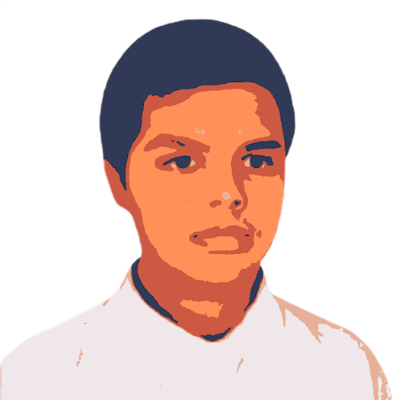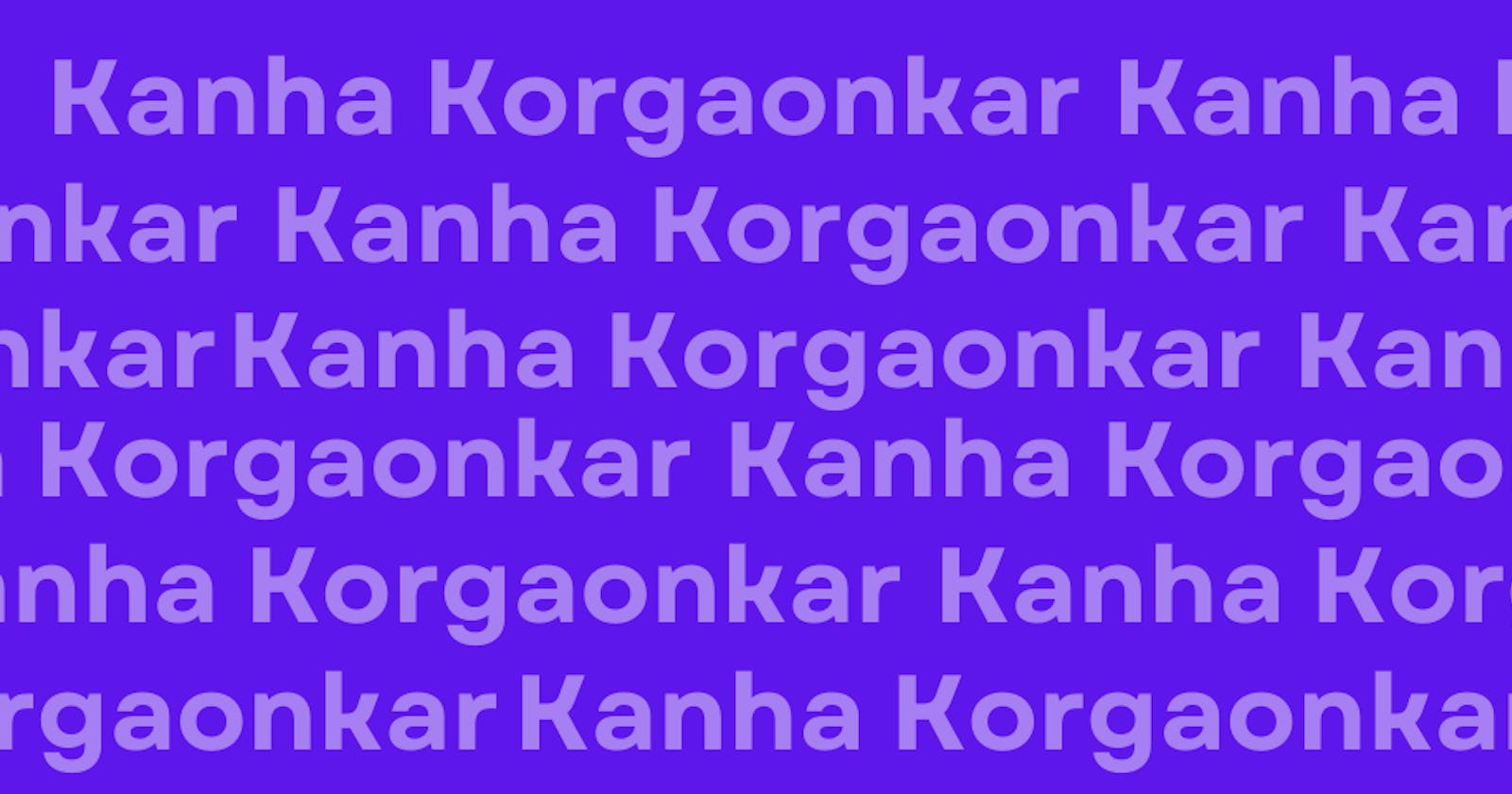My year in review, 2021.
A look at my progress last year, and a list of my goals for this year.
2021 was a very memorable year for me; for this is the year I truly got into tech. A little about myself first. I was always enthusiastic about technology, computer science and coding. I am the family tech support guy and have been incredible passionate about computers since my childhood. But 2021 was the year when I leveled up my tech skills massively. 🚀
Online Courses 📚
Learning Web Development with FreeCodeCamp 📒
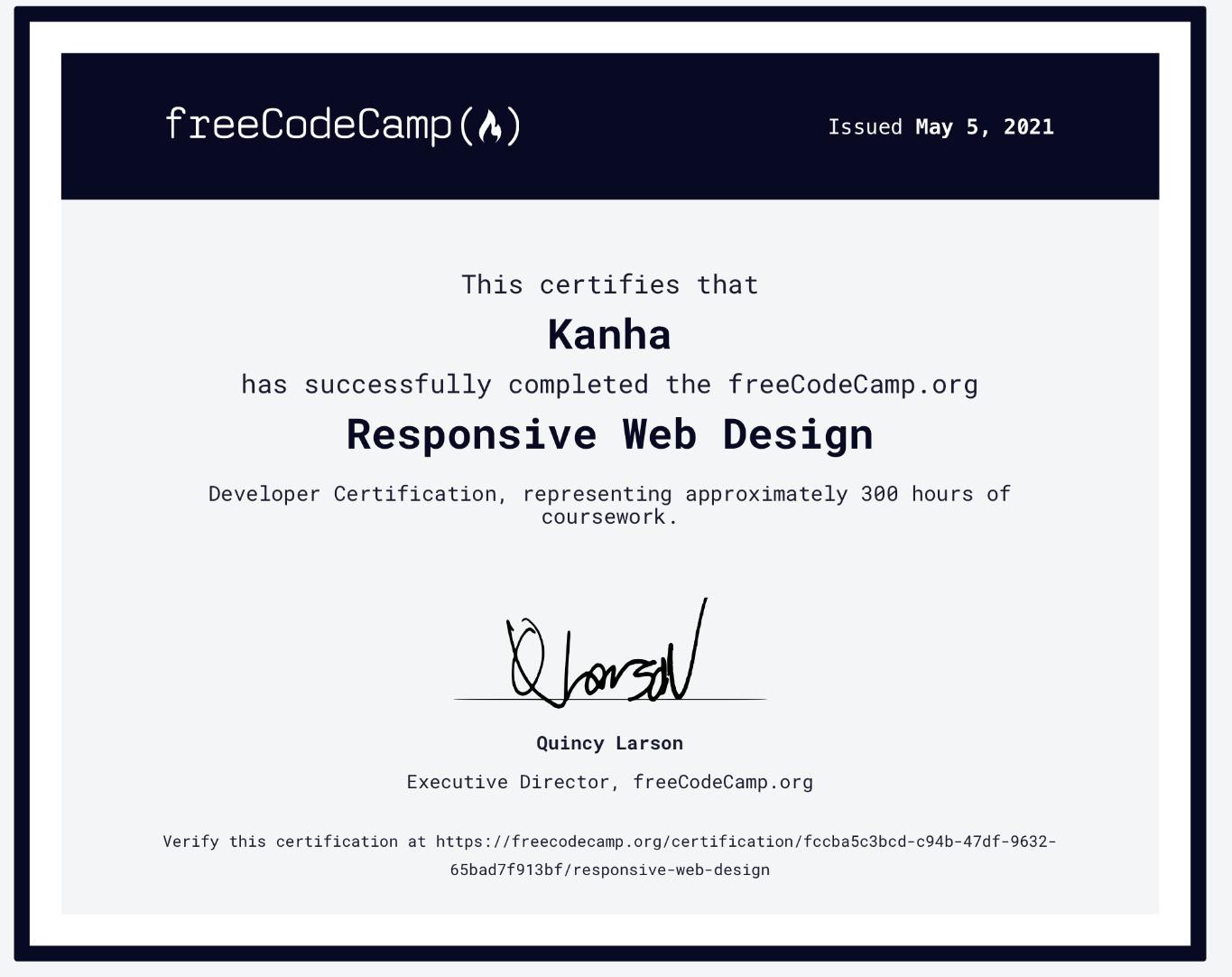
I started out with FreeCodeCamp in May, studying responsive web design. When I completed FreeCodeCamp, I had not only strengthened my knowledge of HTML and CSS fundamentals, but also developed an admiration for free online courses and MOOCs. I also dabbled in Python in between — strengthening my Python fundamentals with Google’s crash course on Python, where I built my first real project - a word cloud generator for the course’s final project. But I felt I would be a better frontend developer than a backend one, and while I love Python, it was web development that is the most accessible to new devs, and I found it so too.
Taking CS50 📕

After this successful MOOC in Python, I decided to look for more. I found CS50, or CS50x rather — the famous Harvard online course taught by David Malan as an Introduction to Computer Science. As soon as I started watching the Week 0 lecture, I was in love with the way CS50 was taught. I learnt so much about fundamental concepts of Computer Science, that I thought I knew but I didn’t. I kept doing CS50 projects and lectures until Week 5, when school tests got the better of me.
Hackathons 🚀
My Very First Hackathon 🏆
A very interesting thing happened when I was doing CS50. I had joined the CS50 groups on LinkedIn and Discord. One fine day, someone posted an advertisement about a hackathon they were organizing — DefHacks 3.0 Worldwide — in the CS50 discord server. While the advertisement was pulled down, I was lucky enough to see it during then. Later that weekend, I participated in the hackathon — I attended a workshop on a NOSQL DB first but I didn’t think that was very important to listen through the entire thing — but I did remember parts of it. Surprisingly, there was a quiz at the end on a menti.com presentation; and all of the questions were from the workshop! What was even cooler was the opportunity for the winner to get free swag at the end! I remember being able to solve a lot of the first few questions and even being at the very TOP of the leaderboard for some time. I thought I was gonna win some swag, but then, they put questions from parts of the workshop I didn’t remember or pay heed to. I was so disappointed — if I had just been more attentive to it, I would have gotten that free swag.
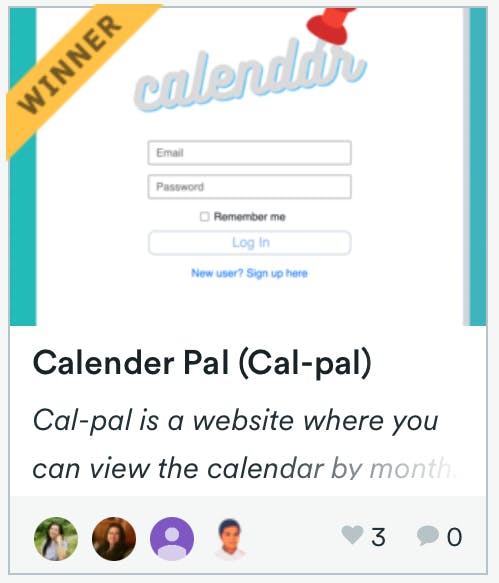
At that first hackathon, I didn’t know what to build for the first 24 hours or so. But finally I decided on a calendar web app. I didn’t know how GitHub or version control was supposed to be used or how we were supposed to build anything - luckily, one of the sponsors - qoom.io was giving hackers free credits to use their service - a HTML-CSS-JS IDE like codepen, where you could collaborate and also see your changes in real time - these two features made it helpful for a bunch of beginners like us. I used my knowledge of CSS from FreeCodeCamp to style the calendar app. Overall, we did a good job and managed to successfully complete our web app. I was looking at the projects on DevPost earlier and saw how incredibly complex they were. I had no hope of winning, but I was proud I could put my skills to use, build something functional and turn it in within a limited hacking duration. I should let you know that I sleep very early, so I don’t usually get to attend closing ceremonies of hackathons when they announce the winners, so I check the winners on DevPost the next day. Now, this hackathon hadn’t updated the winners on DevPost (they didn’t do that for months actually) so I thought we didn’t win. But when I rewatched the closing ceremony stream on YT, I was surprised — for our project had won the Best Use of Qoom.io prize — which was just free credits to their service, but a win is a win! I had won a prize at my first hackathon!
Major League Hacking Hackathons 🔴🔵🟡
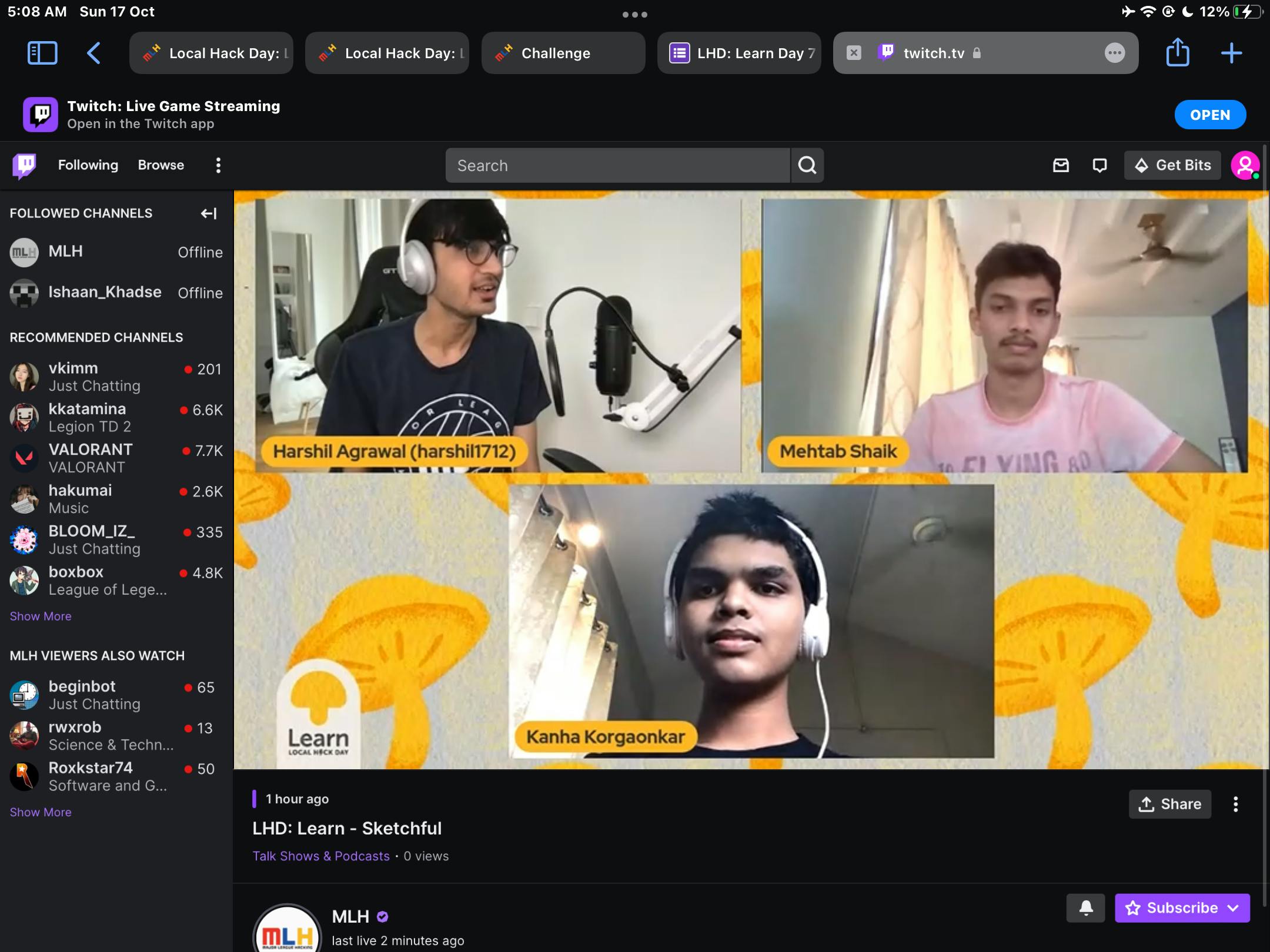
I learnt about MLH soon, and they were actually flagging off their 2022 hackathon season back then, so there was an event - INIT - going on. I thought hackathons were supposed to be weekend long events, but INIT went on for a week, also there were numerous check-in forms and sign up pages (DevPost, MLH website, Discord Channels, Typeforms, Google Forms, Day-wise check in forms and stuff) that seemed way too complex. So, I left their discord server shortly after joining. I would keep an eye on DevPost for more hackathons. Soon when INIT got over, I kept on seeing new MLH hackathons on DevPost (for MLH has hackathons every weekend) and finally decided to participate in one. I didn’t win, in fact, I could barely get my project done. MLH has a diverse group of hackers from all over the world and of different age ranges and varying skill sets, who all produce amazing projects at the end of each weekend. So, my project didn’t stand a chance.
But what I really loved about MLH is the high-standard of their weekend events - Hacky Hangouts, mini events, free physical swag at every single hackathon, big companies as sponsors, a diverse hacker community and MLHers, who are really fun people to interact with. As a result I kept on participating in more hackathons by MLH. Finally, in September, I came across a video by Jacklyn Biggin from MLH, on DevPost submissions at hackathons. I realised that all my DevPost Submissions literally sucked. That’s why they were not winning. I followed all the advice in that video for Teacher’s Hacks in September and implemented it in my DevPost submission. For instance, I started working on the submission soon after the hackathon started, and not at the very last minute. For various sponsor categories, I highlighted clearly, how my team used them and what we learnt (in short, I told the judges exactly what they needed to know through my submission) and I also studied the judging criteria and tailored my submission accordingly (a valuable tip I give new hackers these days). Besides that, the amazing project my team and I built that weekend - iTeach - a task manager app for teachers - (since it was on the Teacher’s Day and Back-to-school weekend in India and USA respectively) at Teacher’s Hack won the Best Use of Google Cloud.
Maverick Mooshroom 🍄 - Building a community
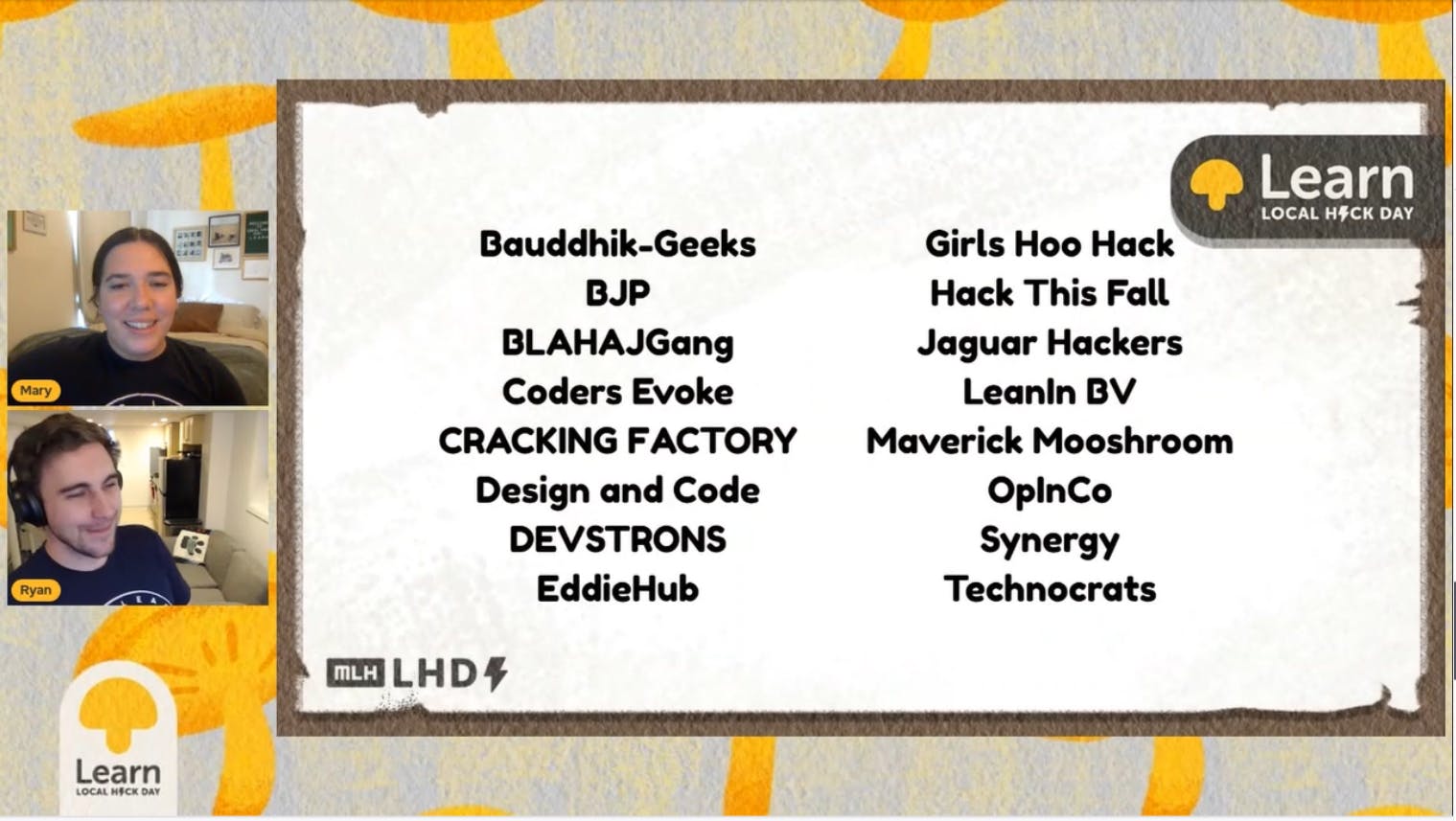
Like INIT, LHD LEARN is also an event MLH organizes. This one is focused on Learning; leveling up on your hacker skills with others — a smaller community within LHD, known as a Guild. I signed up to lead my own guild at Local Hack Day - Maverick Mooshroom 🍄. Maverick, means an independent minded individual, who chooses to stand out, be unique, or rather go against the flow — which perfectly describes me and the 75+ other hackers and student devs from around the world, who are now a part of the community I started. Mooshroom is just a Minecraft mob - and we named our guild so to attract Minecraft playing hackers of the MLH community to join us. Coincidentally, the LHD: Learn logo was also that of a mushroom, leading to our guild becoming super popular among MLH, so much so that Totally Not Ryan (a really cool guy from MLH) chose to join our guild on stream, while demonstrating the guild sign-up process at the LHD opening ceremony! Initially I had personally DM’ed people to join the community — people whom I knew only because of hackathons and I had realized how big of a network I had built for myself within months of being in the hackathon community, which is also one of my 2021 highlights. Later, more people kept joining the community to learn, build and share together. I also reached out to sponsors like Taskade and Typedream by cold email, who were kind enough to provide our LHD Learn guildmates with their products as special virtual swag. Maverick Mooshroom also got a number of trees for joining treenation as an organization, which we distributed among the guildmates. Together, Maverick Mooshroom offset 480 kilograms of carbon-dioxide which may be small, but we are proud of doing our bit for the environment.
LHD Learn 🟡
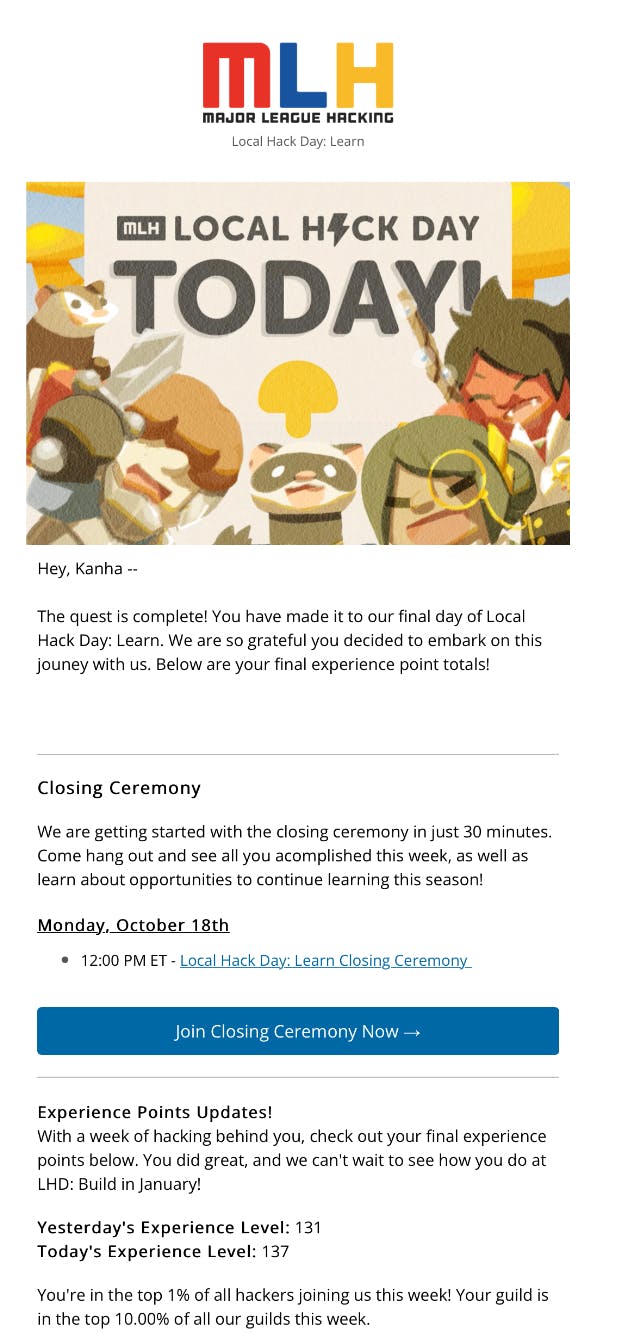
LHD Learn makes it into the most memorable events in my year- for it benefitted me enormously. For instance; it exposed me to numerous other technologies and skills. I did UI/UX for the first time, by building a wireframe of a finance app. I also learnt about Blockchain, Computer Vision, Web Monetization, Flask, Rails, APIs, DevOps, Game Development etc. LHD might not have made me a subject matter expert in all of these, but I did get exposure to all these, which was much needed. Additionally, post LHD, I was able to think of hackathon project ideas in a much better way too, not being afraid to do new stuff, use new tech, learn more in the process too. While I barely got one hackathon project completed that too with a demo video (in the pre-LHD period), I would tackle 6-7 LHD Learn challenges in a single day - which could be considered mini-hacks too. I even streamed myself on twitch doing some of them live (since that was a repeatable challenge at LHD which would get you one point), the equivalent of a demo video that I was previously shy to record.
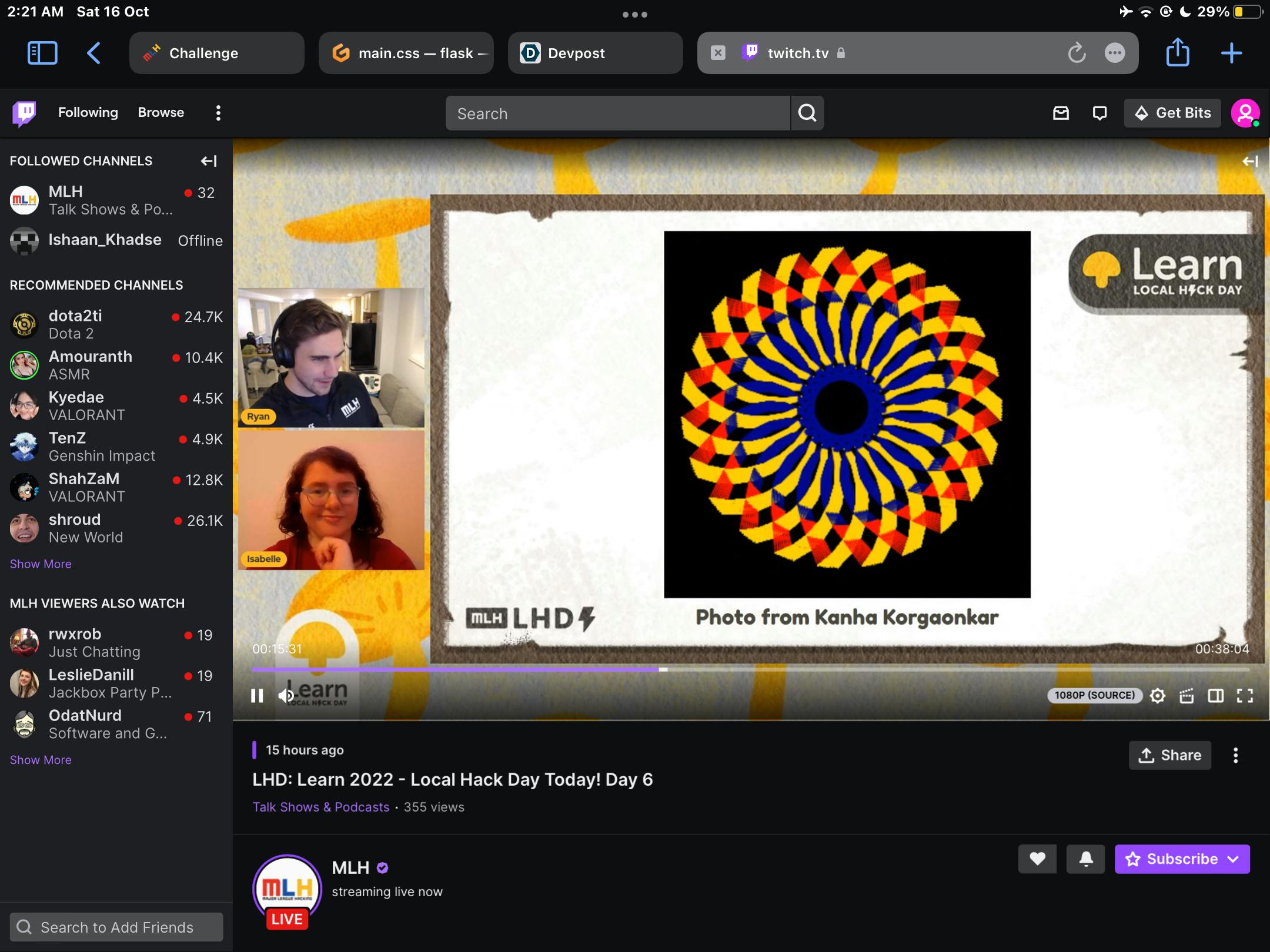
I was a top hacker at LHD and finished in the top 1% of ALL the hackers who were participating. Additionally, the guild I led finished in the top 10% of all the guilds present (which is the only thing MLH told us, since there wasn’t a leaderboard this time). This was quite an achievement.
Post LHD MLH Hackathons 🥉
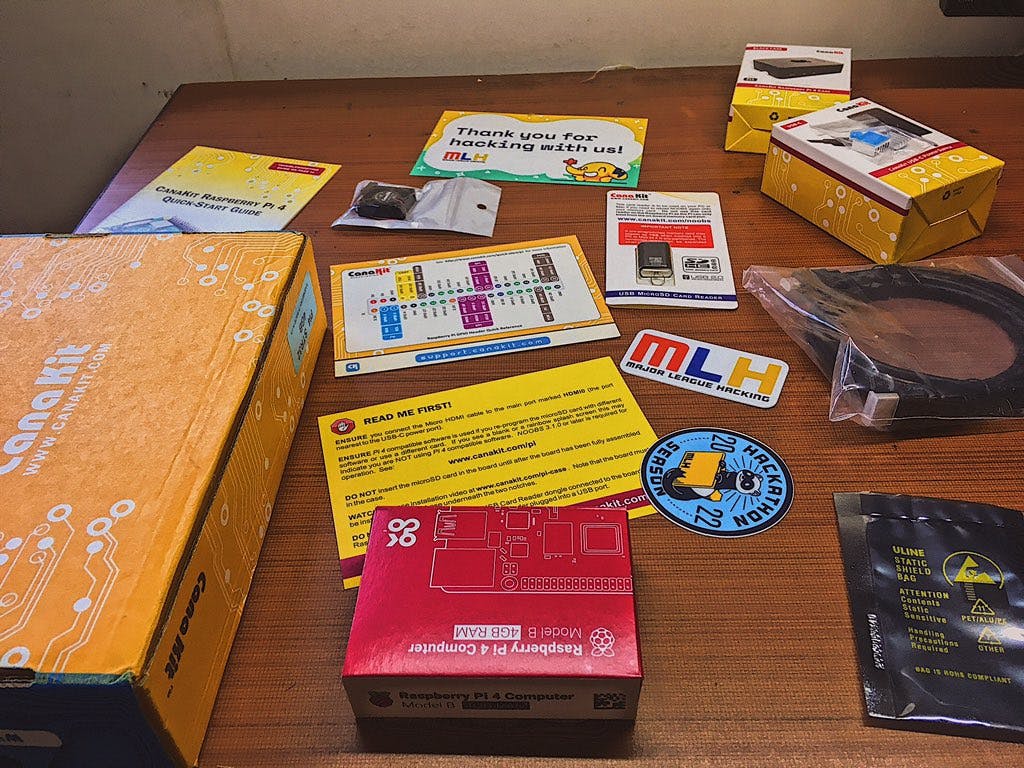
I talked about the high standard of MLH hackathons that I loved in an earlier paragraph, and that was the reason I almost solely participated in MLH hackathons and was very active in the MLH community. After LHD Learn, I participated in the next three consecutive hackathons and won various prizes at all three — such are the benefits of LHD Learn, the reason I highly recommend hackers to participate in them.
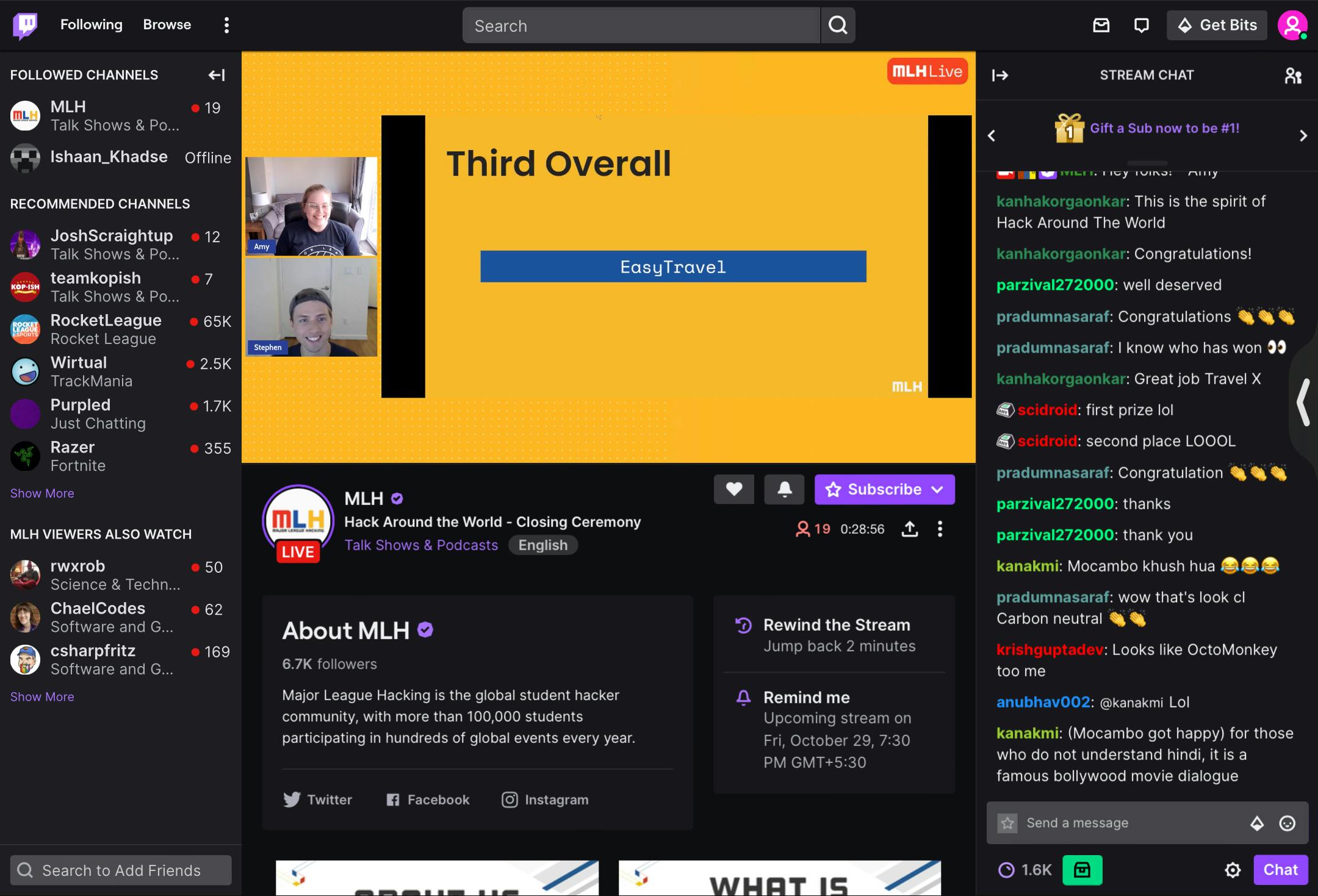
We built EasyTravel at HackAroundTheWorld, a collaborative way to discover the world. I suggested using Coil, a sponsor tool, for making sure that only web monetization enabled users get to post on our website, while other users just get to view, in order to prevent spamming - which would have been a consequence if we let just everybody post. In addition, the micropayments from our website didn’t go to our wallets, but to non-profit organizations like FreeCodeCamp — which was a very unique way of using coil. As a result, we won the coil prize track. We also decided to host our website EasyTravel on Linode, which won us the Linode Prize Track - a Raspberry Pi 4 - which is my favorite among all prizes MLH hackathons have. Because of building such a great project that already won two prizes, we also got placed — we won the third prize overall!
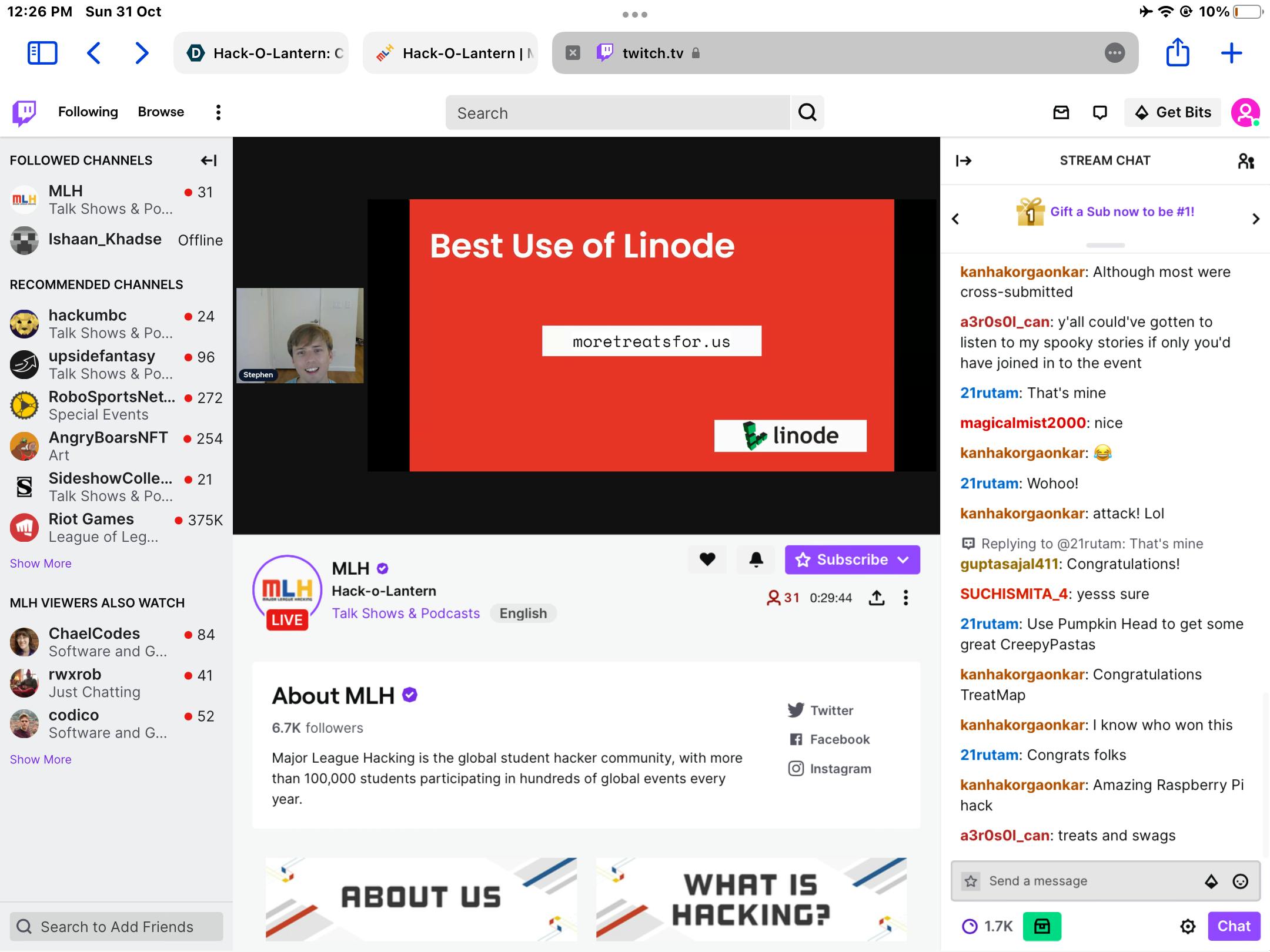
The next hackathons was on Halloween (Hack-O-Lantern), where we built a map website which tracks houses trick-or-treating in your neighborhood. We hosted this on Linode too, and won myself another Raspberry Pi 4!
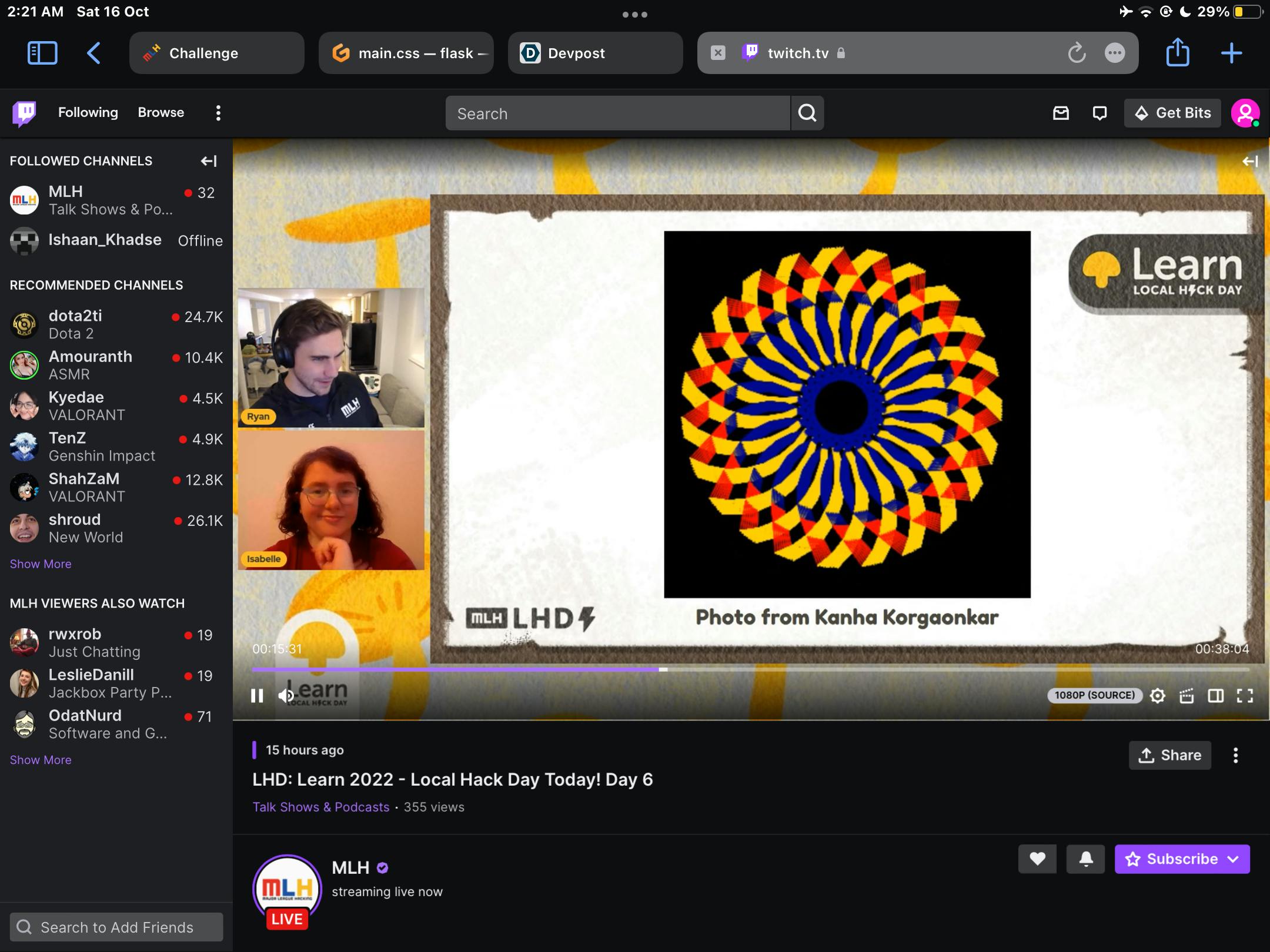
I also participated in Agent Hacker, a spy themed hackathon immediately after Hack-O-Lantern with my buddies from school, and won the Google Cloud prize there, for hosting on Firebase, making it my third hackathon win in a row!
This was also going to be my last hackathon for the year, for I had a very important set of tests - Board Exams — a nation-wide set of tests in India, prepared and graded not by the school, but by the “board” a school is affiliated to, with over 200k students attempting this test every year, making it very very important. We had a preliminary exam in November, and then, a board exam in December, so after Agent: Hacker, I straightaway participated in Hacky Winterland, on the last but one weekend of 2021. We didn’t win anything there and one of the reasons for that might be the sudden increase in number of hackers and projects, about 200% of the number at previous weekend hackathons (due to winter break). While more hackers is a good thing, it ultimately increased competition, and we didn’t win - which left a very bitter taste in my mouth - for ‘All I Wanted For Christmas’ was a prize at that hackathon.
Learning 🌱
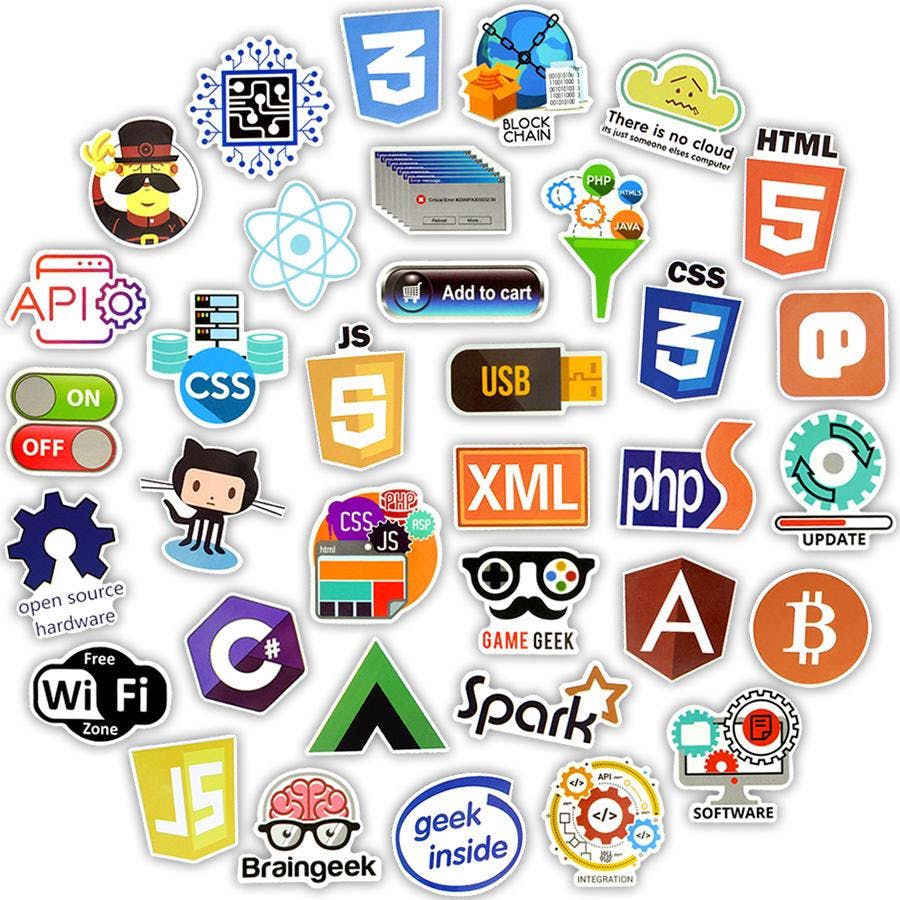
What I learnt? 🌈
I found out, through projects that I was a better frontend web developer than anything else. So, I learnt frontend skills like React, NextJS and Tailwind and HTML-CSS-JS, and building Jamstack - which is another skill I have mastered. Jamstack is the principle which I prefer to develop according to. Besides this, I learnt many different tools and technologies — Git and GitHub, Google Cloud, Firebase, Linode, MongoDB, MapBox, Coil, Auth0, Vercel, Gatsby, Netlify, Twilio, and so many more (these are just few I can name from the top of my head), that I was initially scared of using, but now mentor other hackers in.
How I learnt it? ⭐️
I started out with just HTML and CSS in May, so how did I learn so much in the remaining part of the year? Well, I thought about it and it turns out there are just two very simple reasons :
- CS50: Unlike other online courses I took, CS50 taught me to understand the fundamental concepts deeply and not superficially. For every single thing I learnt, I made sure to understand it deeply (for example, JavaScript). Because my fundamentals were strong, I was able to learn more complex stuff faster (React).
- Hackathons: Had I simply learnt through courses and tutorials, I could have never been what I am right now. Hackathon projects, and a community made my learning so much faster and more efficient. I actually learnt by doing, and hackathons gave me practical real world knowledge, as well as exposure to different tools and technologies.
How I created an impact this year? 💥
Community Building 👨👩👧👦
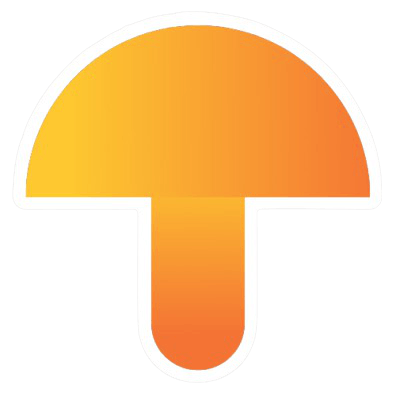
I talked about this earlier, in a separate paragraph dedicated to the community I founded - Maverick Mooshroom.
Mentoring at Hackathons 👨💻
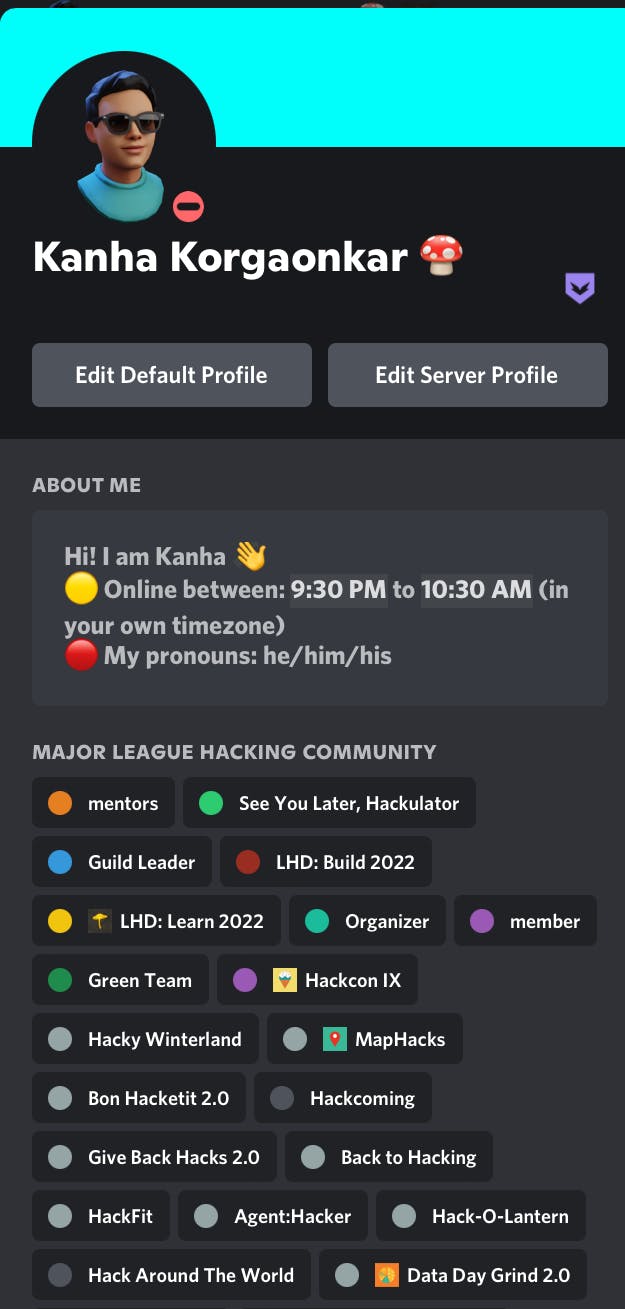
After attending so many hackathons last year, I am kind of a veteran in the community, and after the huge impact hackathons made in my learning journey, I decided to give back to the community. I have actively volunteered as a hackathon mentor at weekend hackathons hosted by Major League Hacking. I got selected as a mentor in October and since then, I have helped 50+ hackers at over a dozen hackathons conducted by Major League Hacking over the course of hundreds of hours, with various tools and technologies, ideation and brainstorming, helped them tackle roadblocks they faced while building their projects, and also in getting them acquainted with the hackathon process — i.e. signups, submissions and demos. I have also, recently become a mentor at Superposition’s upcoming hackathon — Kurunji Hacks. Additionally, I act as a mentor in my own community (i.e. Maverick Mooshroom) too, helping new hackers get started with hackathons and contributing to open source software. I was at first baffled by the hackathon registration processes and I know firsthand how difficult it is to find your way through, even in case of a virtual hackathon, so even when I am not answering mentor tickets, I help out new hackers in the MLH community’s general chat. Also, I should tell you that I even learnt a lot while mentoring others. I know (now) from my experience that sharing knowledge just gets you more of it.
I also learnt that you don’t need to know everything in order to be a mentor. That’s the beauty of mentoring others. Everyone is a mentor. For, tech is such a field where you keep learning continuously, even if you are on Day 1 or Day 1000 of your journey. So, even if you are on Day 2 of your journey, you are a mentor to someone who is on Day 1, and can prove immensely helpful to them.
Introducing People To Hackathons and Tech 💻
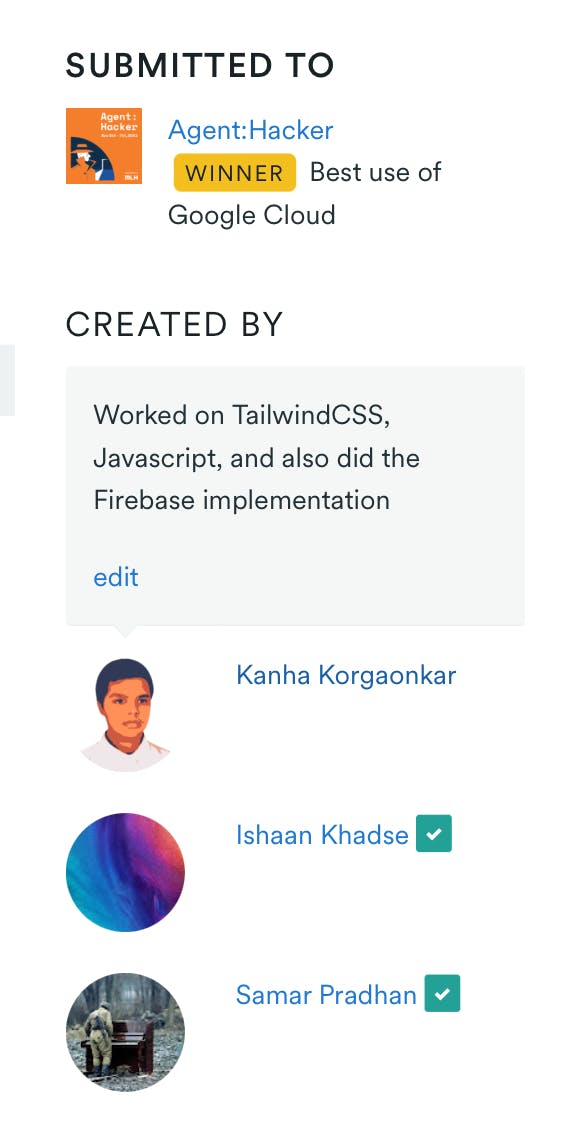
I introduced a couple of people to hackathons — 2 of my own friends from school (one of whom I helped get started in git, GitHub and web dev too) and a couple more from some of the other communities I am part of. I believe in the saying, “Charity begins at home”, which is why I have been on a mission to get my 12 year old brother and 10 year old sister into the intellectual enterprises of computer science and the art of programming. I helped my sister build a fantastic school planner as a progressive web application without any code at all, and I taught my brother programming and introduced him to web development too.
Open Source Software Contributions 💎
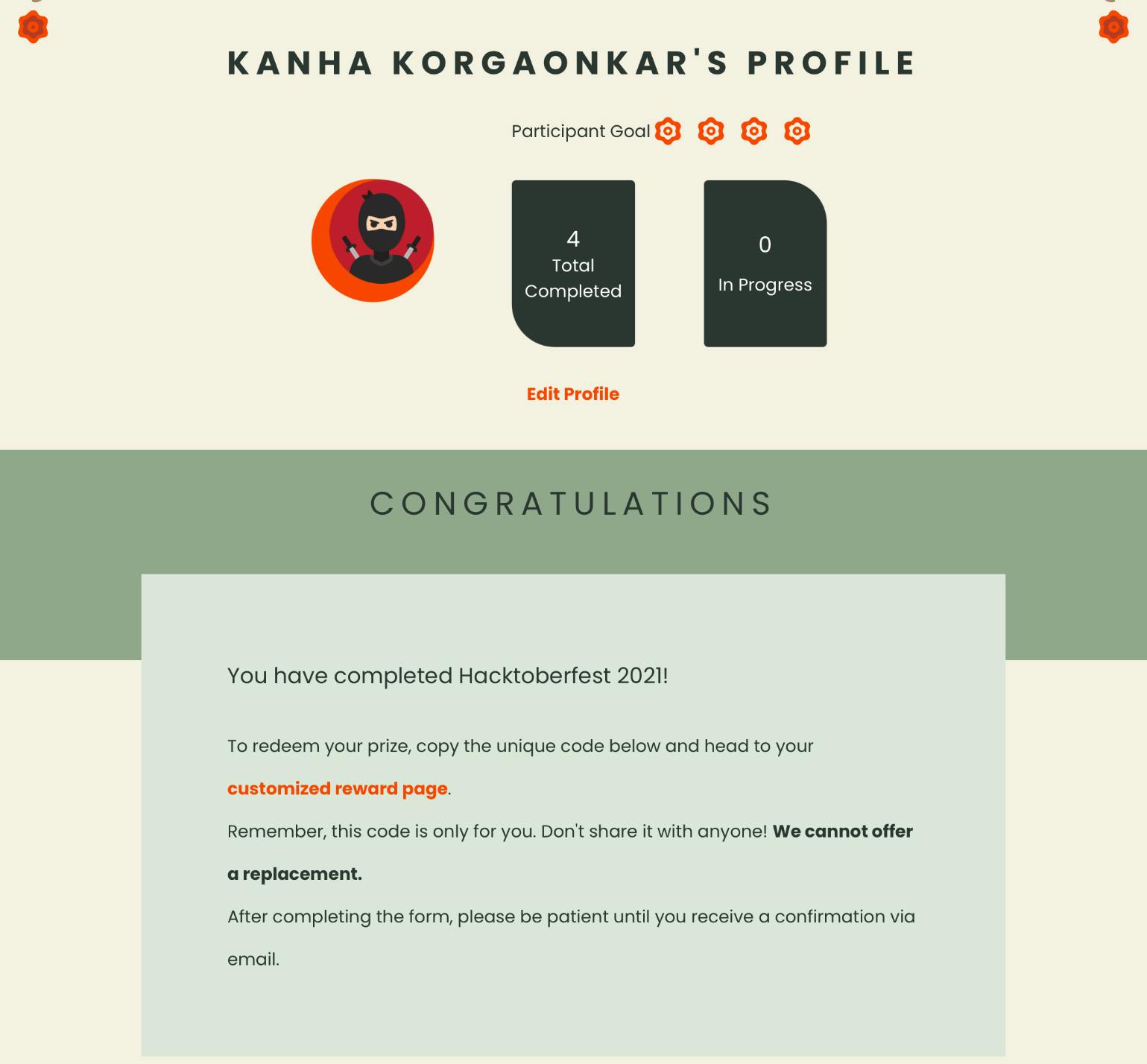
As I progressed in my tech journey this year, I had learnt about Open Source software and the impact it makes. I wanted to contribute to a project and I could have but I decided to wait until October. The reason, which you might have already guessed is Hacktoberfest. I wanted to wait for a momentous occasion to make my first PR, and Hacktoberfest was just a few days away. When Hacktoberfest started, I was struggling to find beginner friendly projects on GitHub Search — since among all those tagged with Hacktoberfest, the spammy ones (for free PRs where you made minor unnecessary changes, or wrote code for DSA) were coming up instead of real impactful projects. And all the bigger projects had complex issue names and seemed too difficult for me to take on.
I was also scared to write code for open source, i thought I might wreck something, or take on an issue I wouldn’t be able to do and frustrate others, or I’d submit a PR and then the maintainer won’t mark it for Hacktoberfest etc. so I decided to focus on smaller stuff, like documentation, at first.
Luckily, I found a great project that is really impactful - Microsoft’s ElectionGuard. They had an issue where one was required to document a process. It was a big task, but I did it! And that was my first PR. The maintainers whom I interacted with were extremely helpful, kind and friendly, not just in the Microsoft repository but even most other places where I took on issues, such as codecademy. My other contributions include — adding code to a really popular discord bot, fixing a bug in and similar stuff. In the end, I made my first few open source contributions and I’m proud of helping the community.
Hack For LA ⛩
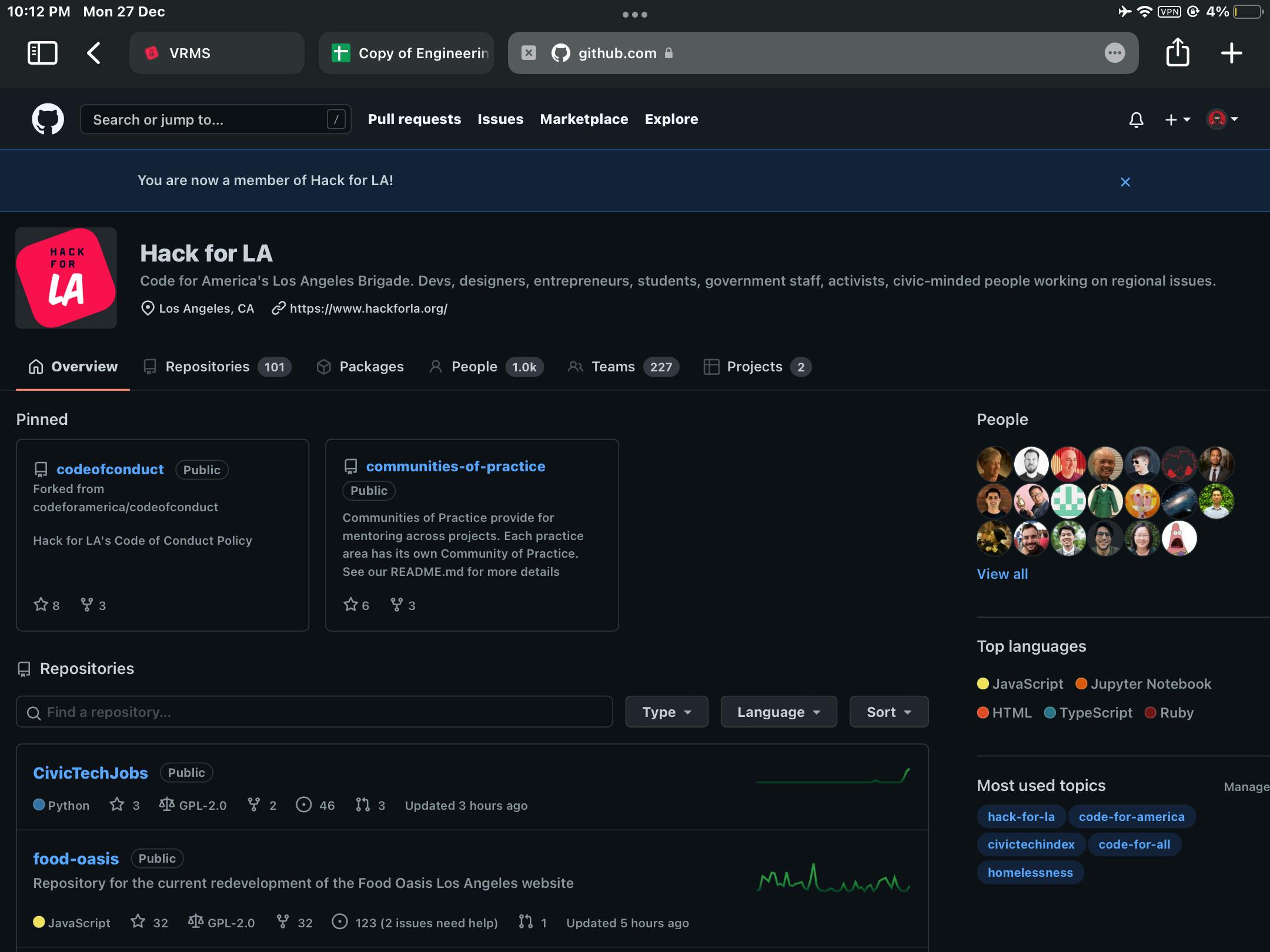
Hack For LA (a Code for America brigade) brings together civic-minded volunteers to build open source products, programs and services with community partners and local government to address issues in the Los Angeles region. I got onboarded into Hack For LA very recently. I’m a member of the Engineering practice area, and I’m hopefully going to be leveraging my experience in Front End Web Development at a Hack For LA project in 2022. Hack For LA is a way I will be able to build something in open source, make an impact on the community around me, grow my network and level up on my skills, by gaining practical volunteer experience at a real world project. Really excited for the opportunities it will bring me in 2022!
My goals for 2022: 💥
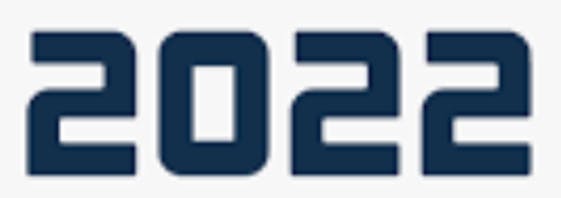
- To attend, (and hopefully win..) many more hackathons.
- To learn Svelte - since Svelte really impressed me, and I don’t just want to be a one trick pony.
- To learn Backend - I really need backend skills, as I experienced in different hackathons I participated in last year.
- To build and ship at least 2 different side projects throughout the year, and put them on Producthunt.
- Complete CS50x - I’m still on Week 05, but I want to find time for CS50 and make sure to complete it.
- Make $100+ online - I’ve seen younger developers using their skills to make money online. I wanna understand if my skills are good enough to make money, and if not, make sure to work on them.
- Increase my collection of swags.
- Attend at least 1 in-person hackathon.
- Make many more open source contributions.
- Write a book.
- Blog more
- Do a lot more of no-code.
- Organize and speak at a public event, like a MLH Localhost workshop.
- Publish an online course.
- Grow my network.
- Organize a hackathon.
